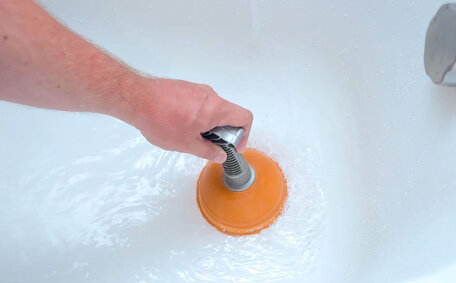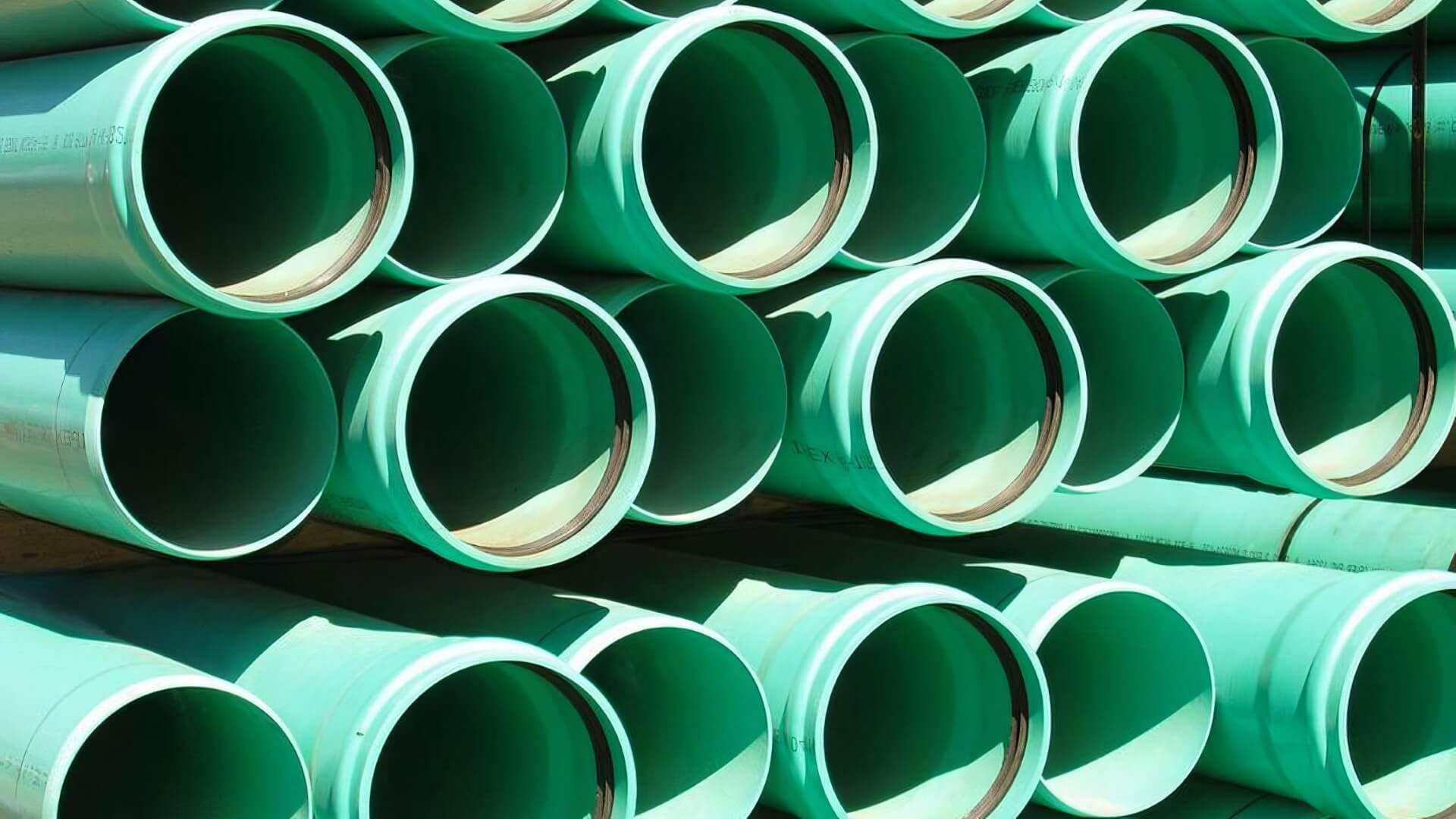Introduction to comparing gas and electric for home utilities
Amid escalating energy prices, Eastwood residents are exploring ways to cut down on their utility bills.
This article delves into gas and electric costs, efficiency levels, environmental implications, and the potential trajectory of energy sources, revealing which might be more cost-effective to assist homeowners in making well-informed decisions.
We’ll review typical uses like space heating, water heating, stoves and ovens, and explore the pros and cons of gas for each, considering the volatility of gas prices. New technologies like heat pumps and induction cooktops will also be discussed as electric alternatives to traditional gas appliances like gas boilers and gas central heating.
Installation costs: Gas vs. electric
When it comes to installation costs, both gas and electric systems have pros and cons to consider, especially when looking to heat water efficiently. Gas often has lower upfront installation costs compared to electricity but may require access to a gas network for a natural gas connection, which can add to the overall expense.
For your heating requirements, a gas heat source is typically more affordable than electric heat pump systems, with both gas and electricity options presenting different financial considerations at installation, costing $3,000 - $6,000 for the former, and the latter $4,000 - $8,000. The gas ducted heating system will have higher energy efficiency though, leading to lower operating costs and reduced cost of gas over time which appliances can save in the long run to offset the initial expense. Ductwork modifications may be needed for heat pumps in some homes.
Installing gas hot water systems costs about $1,000 on average, while electric heat pump water heaters run $2,000 - $3,000 installed. However, even without solar assistance, efficient appliances like modern storage heaters can reduce energy costs significantly due to their superior efficiency. Systems harnessing solar energy, like solar electric and solar thermal, cost more upfront, but provide free hot water once installed.
For appliances, gas stoves and gas ovens are generally less expensive to purchase, but when it comes to long-term energy use, they may be more expensive than some electric ovens. However, advancing electric tech like induction is narrowing this upfront cost gap by reducing how much energy is used.
When it comes to making the decision, consider whether you’ll use more gas or electricity, and be sure to take into account both installation and long term operating costs for your home’s unique needs. When you compare energy plans, consider your advanced electric systems may help you save money more over their lifetime despite higher initial costs. Consulting a professional is also worth considering to find out which utilities suit your household best.
When it comes to home heating, gas and electric systems have distinct differences in operating costs. Gas furnaces are typically more energy-intensive and hence more expensive per kWh than electricity for the energy they consume.
By comparison, with modern high-efficiency heat pumps, the cost per kWh can be as low as $0.02 - $0.05. This is because heat pumps move existing heat rather than generate it directly, making them up to three hundred per cent more efficient.
Over a winter in Eastwood, an average home could face a gas cost of $900 - $1,500 for furnace heating. With a reverse cycle electric heat pump, which doubles as a hot water heat source, estimates suggest running costs to heat your home are around $600 - $1,200. With gas vs electricity debate, it’s evident that gas is generally cheaper than electricity in terms of operating costs, yet efficient electric options like heat pumps are gradually closing in on this cost difference.
Maintenance also differs - gas systems require annual servicing which electric systems do not. And as a mechanical system, gas furnaces tend to have a shorter lifespan of 15-20 years compared to more than 20 years for electric options. Homeowners should weigh running costs against maintenance needs for each system.
For new construction, all-electric designs like those mandated in California may make the most financial sense long-term. Consult a professional to evaluate your house’s air conditioning and heating requirements, and they can recommend the most cost-effective your energy plan for your household.
But for existing homes, the numbers will vary.
When it comes to hot water systems, gas and electric each have distinct costs to consider. While gas systems are less expensive upfront, electric heat pumps offer greater efficiency and potential savings long-term.
Gas storage hot water systems have an average yearly operating cost of $200-$400. Standard electric storage hot water costs $300-$600 per year to run. However, modern heat pump water heaters can lower annual costs to $200-$350.
Considering how much the average purchase price of a gas hot water system with a storage tank is, it’s about $1,000 to $1,500 installed. But heat pump systems cost $2,000-$3,500 installed due to the additional heat pump component. Despite the higher initial cost, their superior efficiency results in lower energy bills over a lifespan of 10-15 years.
Pump hot water systems, like electric models, run $1,200-$2,000 to install.
Solar hot water systems can provide the most cost savings, with virtually free hot water after the upfront installation of $5,000-$8,000. But they require adequate roof space and sunlight exposure. For those with no solar power yet, your home can still benefit from installing a solar hot water system, and then expanding with solar PV panels during day hours to operate the pumps.
Selecting the right hot water system requires evaluation of both initial and ongoing costs. Gas storage units may be cheaper initially, while electric heat pump water heaters present substantial savings on annual energy bills, and solar hot water systems can be most cost-effective in the long-term for homes suitable for such installations.
However, modern heat pump water heaters can lower annual costs gy, which loses less heat energy compared to gas burners.
The average gas stove costs approximately $0.04 - $0.08 per hour to run, while alternatives may be cheaper to run in the long term. By contrast, induction cooking uses $0.01 - $0.03 of electricity per hour.
How do cost comparisons fare over a year of average use? A gas stove, which can consistently use gas during operation, for example, may cost $40 - $80 to run. An induction cooktop for the same cooking needs costs just $10 - $30. This cost advantage is widened by the induction stove’s faster boiling and simmering times, which can influence the choice of heating systems for kitchen efficiency.
Though gas stoves are cheaper upfront, induction electric stoves can be less costly to run than traditional options, saving homeowners on their cooking fuel costs.
Safety should also be considered - gas stoves generate heat, moisture and hazardous fumes. Induction only heats cookware surfaces directly, ensuring a precise and daily supply of energy to the desired cooking temperature. However, when it comes to cooking hot water, a gas stove offers more immediate temperature control that some users prefer.
When choosing cooktops, induction electric provides lower operating costs in the long run, added safety benefits, and faster cooking. But gas stoves may suit cooks who value responsive heat adjustment during cooking. Overall energy use and lifetime costs should be weighed up for each household’s needs.
Environmental impact: Gas vs. electric
When it comes to environmental impact, natural gas appliances and electric alternatives have markedly different effects. Gas appliances like furnaces, water heaters, stoves and gas dryers emit carbon dioxide and other greenhouse gases when burned. This contributes to climate change and global warming.
By contrast, electricity-based appliances can utilise a right energy mix tailored to your household preferences, like incorporating renewable sources such as solar and wind power. As Australia’s grid embraces cleaner electricity, opportunities for getting off gas arise, making electric appliances an eco-friendlier choice. All-electric homes even have the option of installing rooftop solar panels to power appliances emission-free.
On average, gas appliances emit over 1 tonne of carbon dioxide per household annually in Australia. Electric appliances using the nation specific usage rates in the current energy mix emit around 0.8 tonnes. As solar and wind generation increases, electric systems will become even cleaner.
For those seeking to reduce their carbon footprint, electric appliances paired with solar panels are the best option. Heat pump technology also makes electric heating and hot water much more efficient. With the right electric systems and opportunities to compare energy plans, households can lower their gas bills and become genuinely zero-emission.
It is a point worth noting that governments should continue to provide incentives for rooftop solar and rebates for efficient electric appliances, making the switch more affordable. Homeowners concerned about environmental impact should consider upgrading to all-electric utilities to power your home sustainably. This allows for comfortable, modern living while treading more lightly on the planet.
Maintenance and Repair Considerations: Gas vs. Electric
In terms of maintenance and repairs, gas and electric systems each pose unique considerations for homeowners.
A typical gas appliance requires more frequent servicing to keep it running safely and efficiently. Gas water heaters should be serviced annually, while gas space heaters, ovens and cooktops need a tune-up every 2-3 years. Neglecting maintenance on gas appliances can lead to incomplete combustion and carbon monoxide risks.
Electric heaters have lower maintenance needs overall. In contrast to a gas boiler, heat pumps and electric water heaters don’t demand yearly tune-ups, often resulting in lower annual energy usage. And with fewer moving parts than gas appliances, electric options tend to have greater reliability and lower repair frequencies.
However, when considering the cost of electricity systems, if they do break down, they often require a licenced electrician for service. The sophisticated electronics in heat pumps, induction cooktops and digital electric water heaters may be beyond the DIYer’s scope. Gas appliances usually involve more straightforward mechanical repairs compared to the cost of electricity components when they need attention.
For Eastwood homeowners, make sure your appliances are not giving off gas and keep them well-maintained with annual servicing for safety and efficiency. While electric systems require less frequent maintenance, major repairs will likely need a qualified electrician. When deciding between gas and electric, factor in regular maintenance costs as well as unpredictability of repairs down the line.
Safety considerations: Gas vs. electric
When weighing up gas versus electric for your home, safety should be a top priority. Both offer advantages, but also potential risks to be aware of.
Gas appliances carry several safety concerns. Have all gas and electrical appliances serviced regularly to prevent risks.
Gas leaks and explosions are rare but dangerous - have gas lines inspected yearly and install CO detectors. Incomplete combustion of gas also produces carbon monoxide, which is odourless and deadly. Incomplete combustion of gas also produces carbon monoxide, which is odourless and deadly.
Electric systems mainly risk fire and shock hazards. Power surges can also damage electronics. Install whole home surge protectors and avoid overloading circuits.
Use GFCI outlets near water sources, check for damaged cords and overloading, and keep air vents clear.
In homes with young children, gas appliances may increase the risk of burns whereas electric systems need secure shielding from live wires to prevent electrocution, highlighting the necessity for adequate child safety precautions for both.
While no system is 100% risk-free, properly installed and maintained gas appliances can minimise safety hazards in the home. Gas requires vigilant monitoring of potential leaks and carbon monoxide dangers. Weigh up each system’s advantages against possible dangers to determine the safest option for your household.
The future of home energy
The future of home energy is shaping up to be an exciting front in the fight against climate change. With electricity grids shifting away from fossil fuels to renewable sources like solar and wind, electric appliances will become even cleaner options compared to gas. Smart tech like home batteries is also making self-sufficient solar-powered homes a reality, further attracting homeowners to contemplate the benefits of switching from gas.
Advances in electric heat pump technology are presenting energy-efficient solutions that are replacing gas heating and hot water systems as serious competition. As their efficiency improves and costs decrease, heat pumps will likely dominate future home HVAC systems, thereby encouraging households into switching to gas alternatives. Induction and other innovative cooking appliances will also slowly displace traditional gas electric ovens.
Natural gas may persist in some residences, but full electrification paired with renewable energy is gaining momentum. Stricter building codes are mandating electric-ready construction, while incentives for rooftop solar and home batteries are removing financial barriers.
For Eastwood homeowners looking into your property’s future, investing in efficient electric appliances that don’t use as much energy can significantly reduce consumption. Paired with solar panels, batteries, and energy-smart monitoring systems, residences can become energy independent and emissions-free. With the right electric technologies and energy sources, households are empowered in the fight against climate change.






